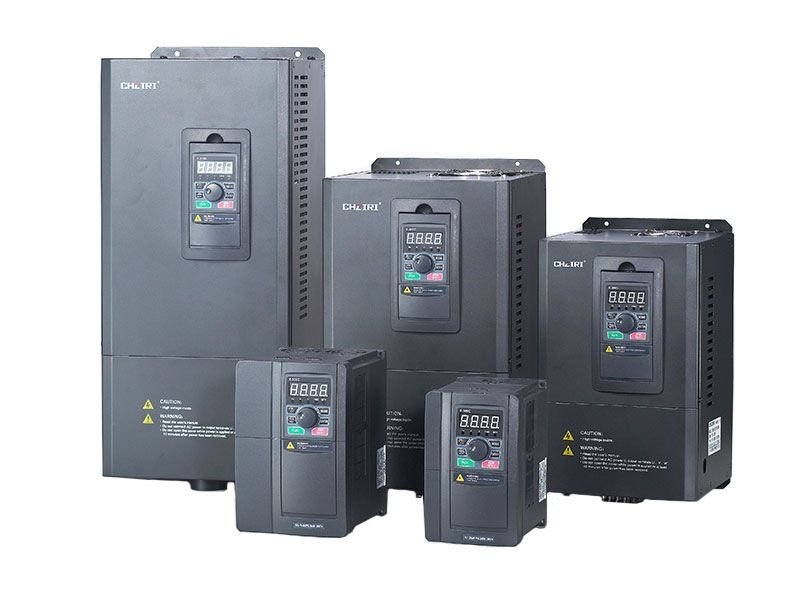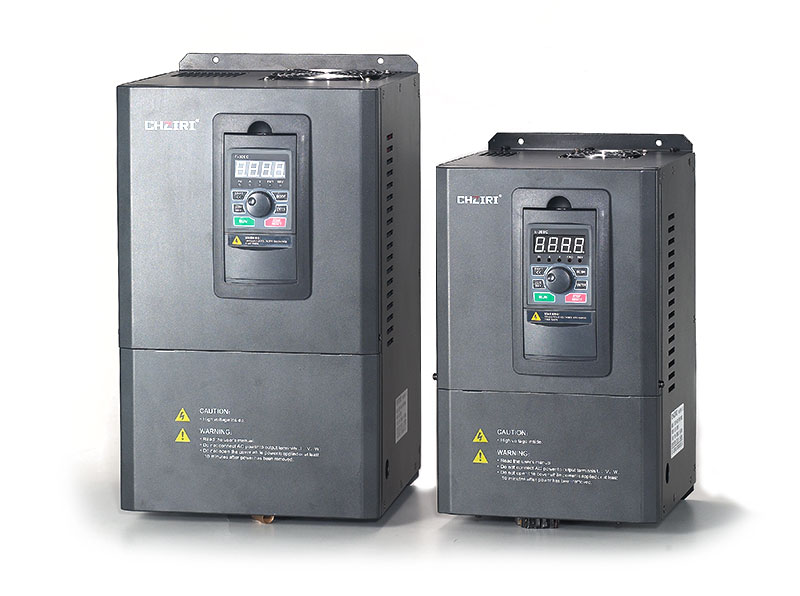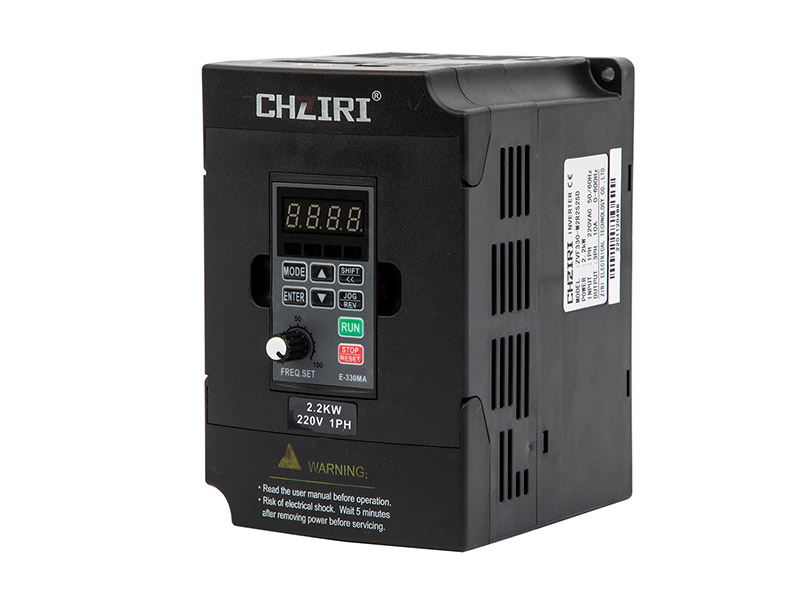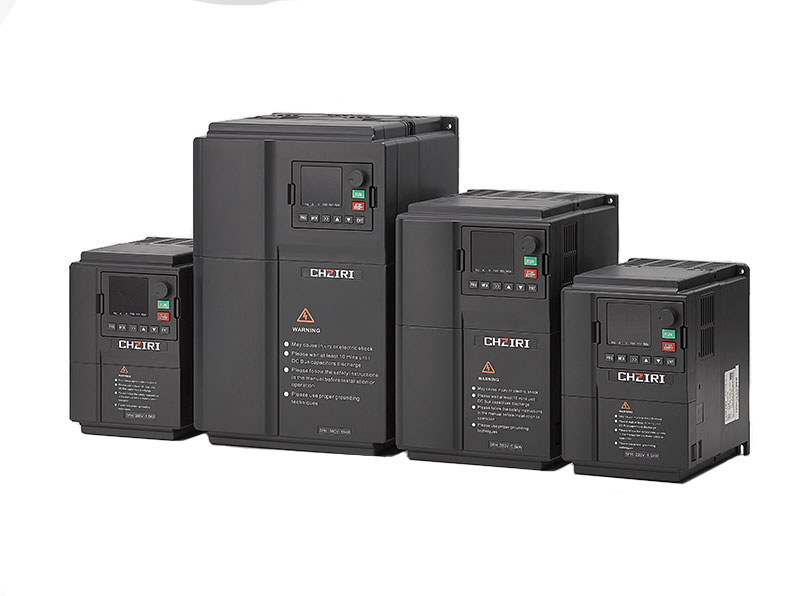What is a Frequency Inverter?
A frequency inverter is designed to manage the operation of electric motors by adjusting the frequency of the input power. By controlling the speed and torque of the motor, frequency inverters contribute to energy savings, improved process control, and enhanced equipment lifespan. They are widely used in applications ranging from HVAC systems and pumps to conveyors and fans.
1.frequency inverter Functionality:
- Speed Control: The inverter adjusts the frequency of the power supply, which in turn controls the speed of the motor. This allows for precise control of motor speed based on application requirements.
- Torque Control: By modifying the voltage and frequency, the inverter can control the torque delivered by the motor, ensuring optimal performance under varying loads.
- Energy Savings: Frequency inverters help reduce energy consumption by adjusting the motor speed to match the actual load, avoiding the inefficiencies of running at full speed when not necessary.
- Soft Start and Stop: The inverter enables a gradual ramp-up and ramp-down of motor speed, reducing mechanical stress and extending the lifespan of both the motor and associated machinery.
- Protection Features: It includes built-in protections such as over-voltage, under-voltage, and overload protection to safeguard the motor and inverter from damage.
2.frequency inverter Features:
- Adjustable Frequency Range: The inverter provides a wide range of frequency settings, allowing for flexible motor speed adjustments and tailored operation.
- User Interface: Many frequency inverters come with a user-friendly interface, including digital displays and programmable settings for easy configuration and monitoring.
- Communication Capabilities: Advanced models offer communication interfaces such as Modbus, Profibus, or Ethernet for integration with automation systems and remote monitoring.
- Compact Design: Modern frequency inverters are designed to be compact and space-efficient, making them suitable for installation in various environments.
- High Efficiency: The inverter's design ensures minimal energy losses, contributing to overall system efficiency and reduced operating costs.
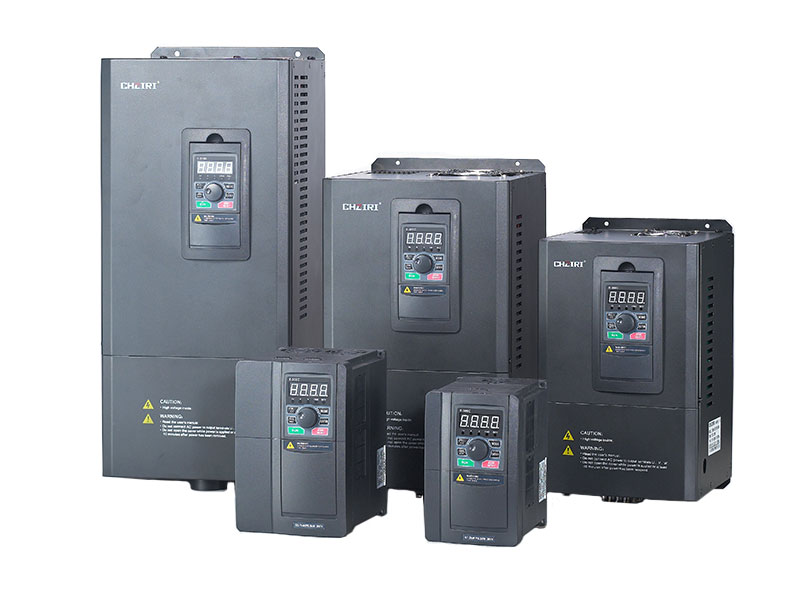
Conclusion:
In summary, a frequency inverter is a vital component in modern industrial and commercial applications, offering precise control over motor speed and torque. By enabling energy savings, improving process control, and extending equipment lifespan, frequency inverters enhance the efficiency and performance of electric motors. Understanding its functionality and features highlights its importance in optimizing various operations and systems.

